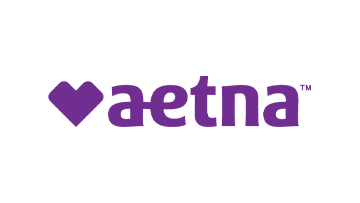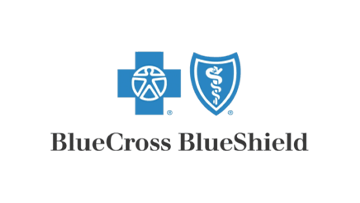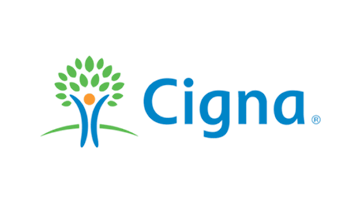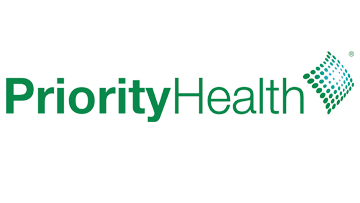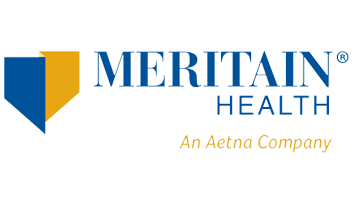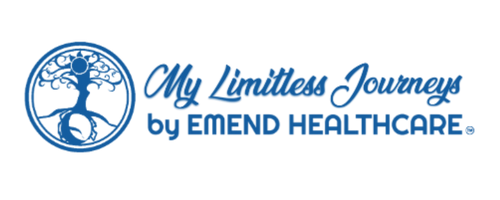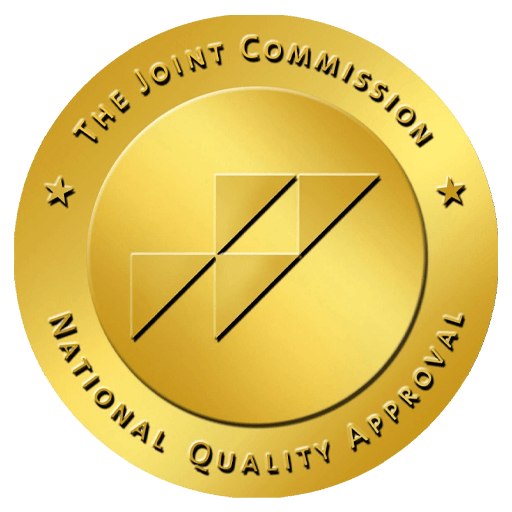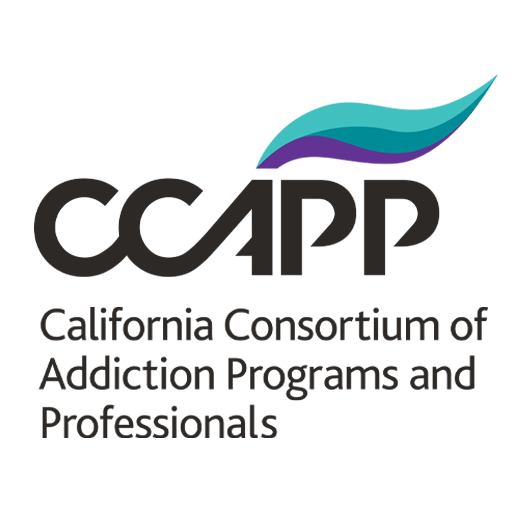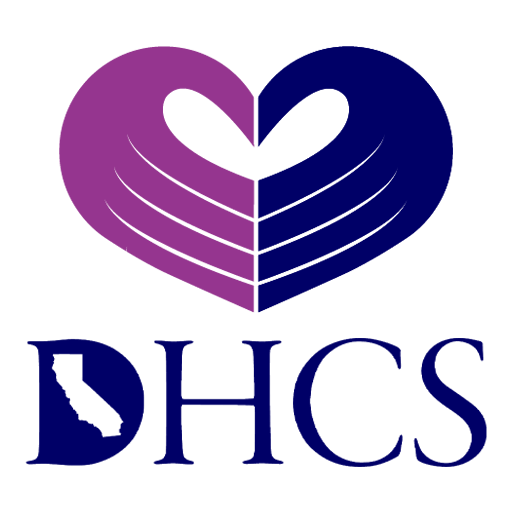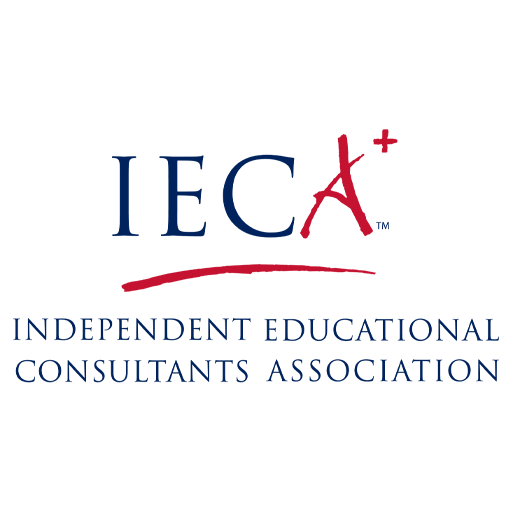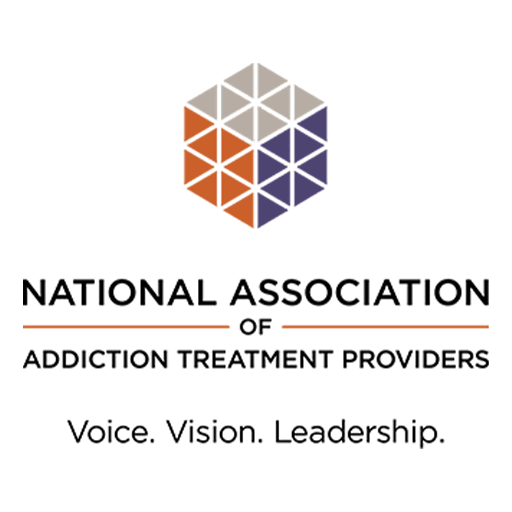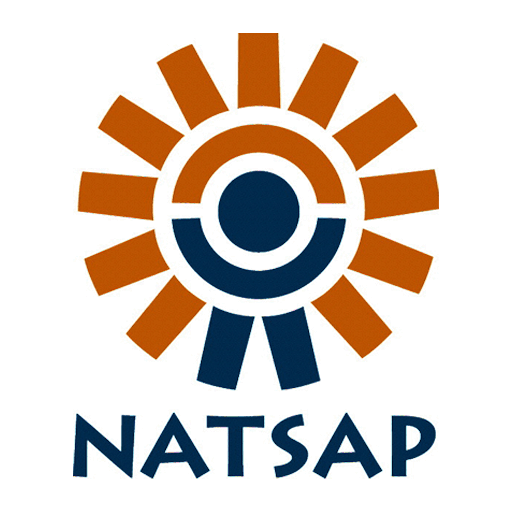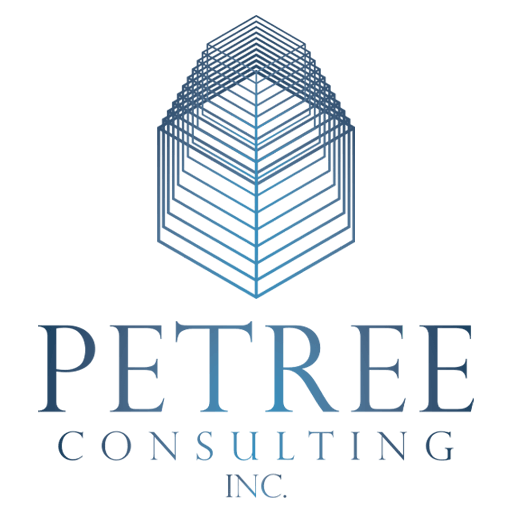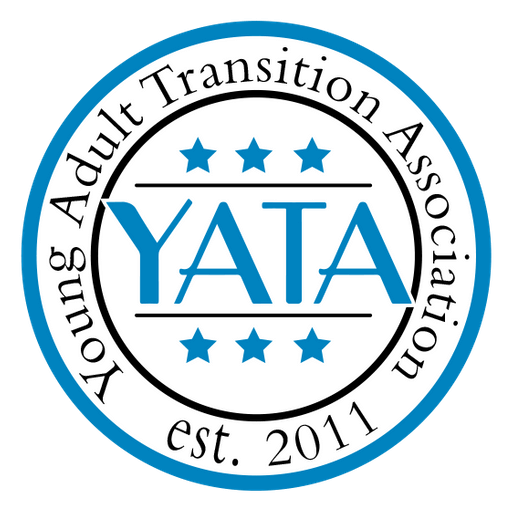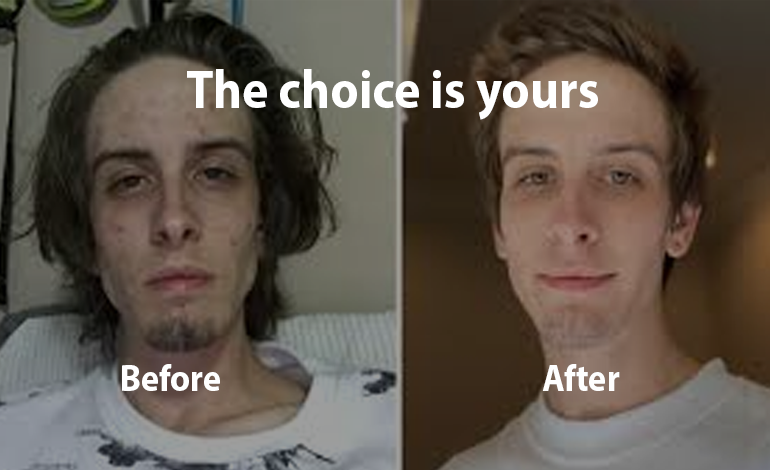Heroin addiction is a profound challenge, gripping the body and mind with its unrelenting hold. For those caught in its grasp, every day can feel like an uphill battle. Yet, the journey toward recovery is not only possible—it is transformative.
Imagine breaking free from the chains of addiction, rediscovering joy, and reclaiming the life you thought was lost. The path to freedom may be complex, but with the right strategies and support, it’s a journey worth embarking on.
In this guide, we’ll explore the nuances of heroin addiction, the strategies that foster recovery, and the steps that lead to lasting change. Whether you’re seeking help for yourself or a loved one, this article offers practical insights to illuminate the road to a brighter future.
Understanding Heroin Addiction
Heroin, an opioid drug derived from morphine, creates powerful physical and psychological dependencies. Addiction often develops rapidly, as heroin floods the brain with dopamine, creating an intense but short-lived high. Over time, individuals require more of the drug to achieve the same effect, leading to increased use and dependency.
The addictive nature of heroin isn’t just physical; it impacts emotional and social well-being, affecting relationships, careers, and mental health. Acknowledging the hold heroin has is the first critical step toward recovery.
Key Strategies for Overcoming Heroin Addiction
1. Seek Professional Help
Professional assistance is the cornerstone of heroin addiction recovery. While the journey might begin with a personal decision, medical professionals provide the tools and knowledge needed to navigate it successfully.
- Inpatient Treatment: A structured and immersive environment where individuals receive 24/7 care, therapy, and medical supervision. This approach is especially effective for severe cases, offering a safe space away from triggers.
- Outpatient Programs: These programs provide flexibility, allowing individuals to receive treatment while maintaining responsibilities like work or family commitments. Regular therapy sessions and medical check-ins ensure ongoing support.
2. Undergo Detoxification
Detoxification is a critical first step toward recovery. Heroin’s physical dependence on the body can cause intense withdrawal symptoms, making professional oversight essential.
- Medically-Assisted Detox: Health professionals administer medications like methadone or buprenorphine to alleviate withdrawal discomfort, making the process safer and more manageable.
- Supervised Care: With medical experts monitoring your progress, potential complications are addressed promptly, ensuring a smoother transition into the rehabilitation phase.
3. Embrace Therapy and Counseling
Therapy uncovers the root causes of addiction, addressing not just the symptoms but the underlying issues. Whether it’s trauma, stress, or co-occurring mental health conditions, therapy helps individuals heal holistically.
- Cognitive Behavioral Therapy (CBT): This evidence-based approach identifies negative thought patterns and replaces them with healthier alternatives, empowering individuals to manage triggers effectively.
- Group Therapy: Shared experiences with peers create a sense of belonging and mutual support, fostering resilience and accountability during the recovery process.
4. Build a Support Network
A robust support system is invaluable for sustaining recovery. Friends, family, and support groups provide encouragement and accountability, creating a buffer against relapse.
- Family Therapy: This form of counseling helps repair relationships, rebuild trust, and educate loved ones about addiction and recovery.
- Peer Support Groups: Joining communities like Narcotics Anonymous connects individuals with others who understand their struggles and successes, creating lasting bonds.
Coping with Triggers and Preventing Relapse
1. Identify Triggers
Recognizing personal triggers is crucial for avoiding potential pitfalls. Triggers might include certain environments, stressful situations, or even emotions tied to past drug use. Awareness enables proactive management.
2. Develop Healthy Coping Mechanisms
Replacing harmful habits with positive ones is a vital part of recovery. Engaging in activities that nurture physical and emotional well-being ensures a balanced lifestyle.
- Physical Activity: Exercise stimulates endorphin production, naturally lifting your mood and building physical strength. Activities like running, yoga, or even dance can transform your outlook.
- Creative Outlets: Exploring hobbies like painting, music, or writing can be therapeutic, offering a safe space to process emotions and express yourself.
3. Create a Structured Routine
Structure provides stability, reducing the risk of falling back into old patterns. A daily schedule filled with meaningful activities fosters purpose and minimizes idle time.
4. Avoid High-Risk Situations
Staying away from places, people, or scenarios associated with drug use can minimize the temptation to relapse. Practicing assertiveness skills helps individuals set boundaries and protect their sobriety.
The Role of Medication-Assisted Treatment (MAT)
MAT combines behavioral therapies with medications to treat heroin addiction. This approach has proven effective in reducing cravings, preventing relapse, and improving overall recovery outcomes.
Common medications include:
- Methadone: Reduces withdrawal symptoms and cravings.
- Buprenorphine: Lessens physical dependence and helps maintain stability.
- Naltrexone: Blocks the euphoric effects of heroin, discouraging its use.
MAT is particularly effective when combined with counseling and support services, offering a holistic approach to recovery.
Long-Term Strategies for Sobriety
Achieving sobriety is a monumental milestone, but maintaining it requires consistent effort and the adoption of sustainable strategies. Long-term recovery is about building a life that prioritizes health, purpose, and resilience.
Focus on Mental Health
Mental health and addiction are often deeply intertwined. Conditions like anxiety, depression, or PTSD can fuel substance use or be exacerbated by it. Addressing these co-occurring issues through therapy ensures emotional stability.
- Therapy Options: Cognitive Behavioral Therapy (CBT) and Dialectical Behavioral Therapy (DBT) help individuals navigate emotional challenges and develop healthy coping mechanisms.
- Medication: In cases where mental health conditions are severe, medications prescribed by a qualified professional can provide additional support.
Engage in Community Support
Recovery doesn’t have to be a solitary journey. Connecting with others who share similar experiences fosters a sense of belonging and accountability.
- Recovery Groups: Organizations like Narcotics Anonymous (NA) or local recovery groups offer safe spaces to share challenges, celebrate successes, and receive guidance.
- Online Communities: For those who can’t attend in-person meetings, virtual forums and support groups provide a convenient alternative.
Celebrate Milestones
Acknowledging progress, no matter how small, keeps motivation alive. Sobriety is a long road, and every achievement represents a step forward.
- Personal Rewards: Treat yourself to something meaningful, like a special meal or a new hobby-related item, to mark your progress.
- Shared Celebrations: Involve loved ones in your milestones to strengthen relationships and reinforce the support system surrounding your recovery.
Commit to Personal Growth
Recovery is an opportunity to redefine your identity and rebuild your life. By focusing on personal development, individuals can create a fulfilling, drug-free future.
- Hobbies and Interests: Pursue passions that were sidelined during addiction. Activities like painting, gardening, or learning a new skill can bring joy and purpose.
- Career and Education: Investing in professional development or education not only enhances self-worth but also lays the foundation for a stable and productive future.
Final Thoughts
Overcoming heroin addiction is not easy, but it’s possible with the right strategies, support, and determination. Recovery is a journey of rediscovering oneself and building a life filled with hope and purpose.
At My Limitless Journeys, we’re here to provide guidance, resources, and encouragement every step of the way. If you or someone you know is battling heroin addiction, don’t hesitate to seek help. Your path to freedom begins today. Together, we can conquer the challenges and celebrate the victories, one step at a time.

Verify Your Insurance With Us
My Limitless Journeys works with all major insurance companies such as Aetna, Anthem Blue Cross (accepting most BCBS Blue Card plans), First Health, Kaiser Permanente of Southern California, MHN, TriCare West and Quantum Health and Private Pay Insurance.
WE ACCEPT MOST MAJOR INSURANCE PROVIDERS
